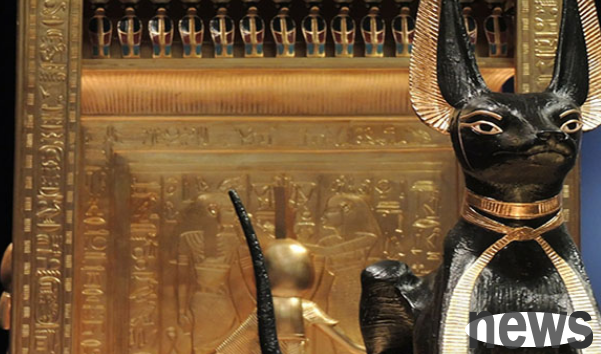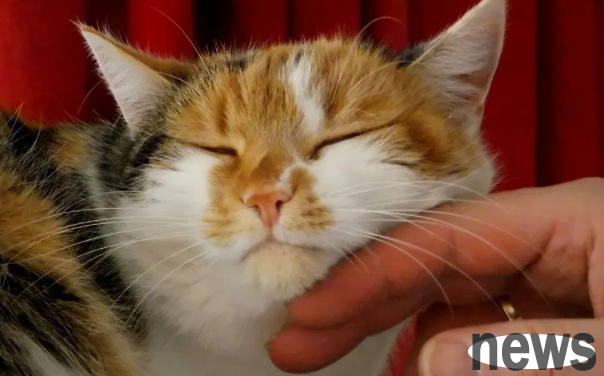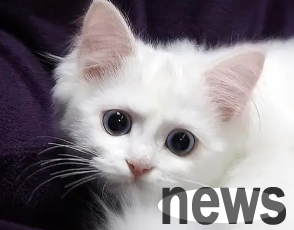The cat s purring is not only a way to express pleasure, but also a way to heal itself
We often hear that cats have nine lives. This statement may have originated from the ancient Egyptians' worship of cats. They believed that cats were sacred animals and had mysterious powers. Another saying is that cats have nine lives because they have nine different personalities that can adapt to various environments and situations.

1. Why can’t the cat fall from a very high place and fall to death?
Compared with other animals, cats' balance system and body self-protection functions are indeed relatively complete, so their vitality is very tenacious. For example, when cats fall from the air, they can always keep their muscles in a state of balance, and when they approach the ground, they are ready to land so they won't fall. Cats can adjust their posture in the air to keep their spine and limbs symmetrical, thus maintaining balance. In addition, cats' bones and joints are also relatively flexible, which can buffer the impact of landing.
2. Why do cats make purring?
Scientific research has found that both domestic cats and wild cats make purrs after being injured, and this purr also helps them treat bone and organ damage. This is because the frequency of snoring is between 25-150 Hz, and sound waves in this range can stimulate cell growth and repair, promote blood circulation and anti-inflammatory. Therefore, cat purring is not only a way to express comfort and satisfaction, but also a way to heal itself.

3. How strong is the vitality of a cat?
cats have an average lifespan of around 10-15 years, but some cats can live longer. The longest-lived cat in the world is an American cat named Creme Puff, who lived for 38 years and 3 days and died in 2005.
The lifespan of cats is related to their breed, diet, environment, health and other factors.




